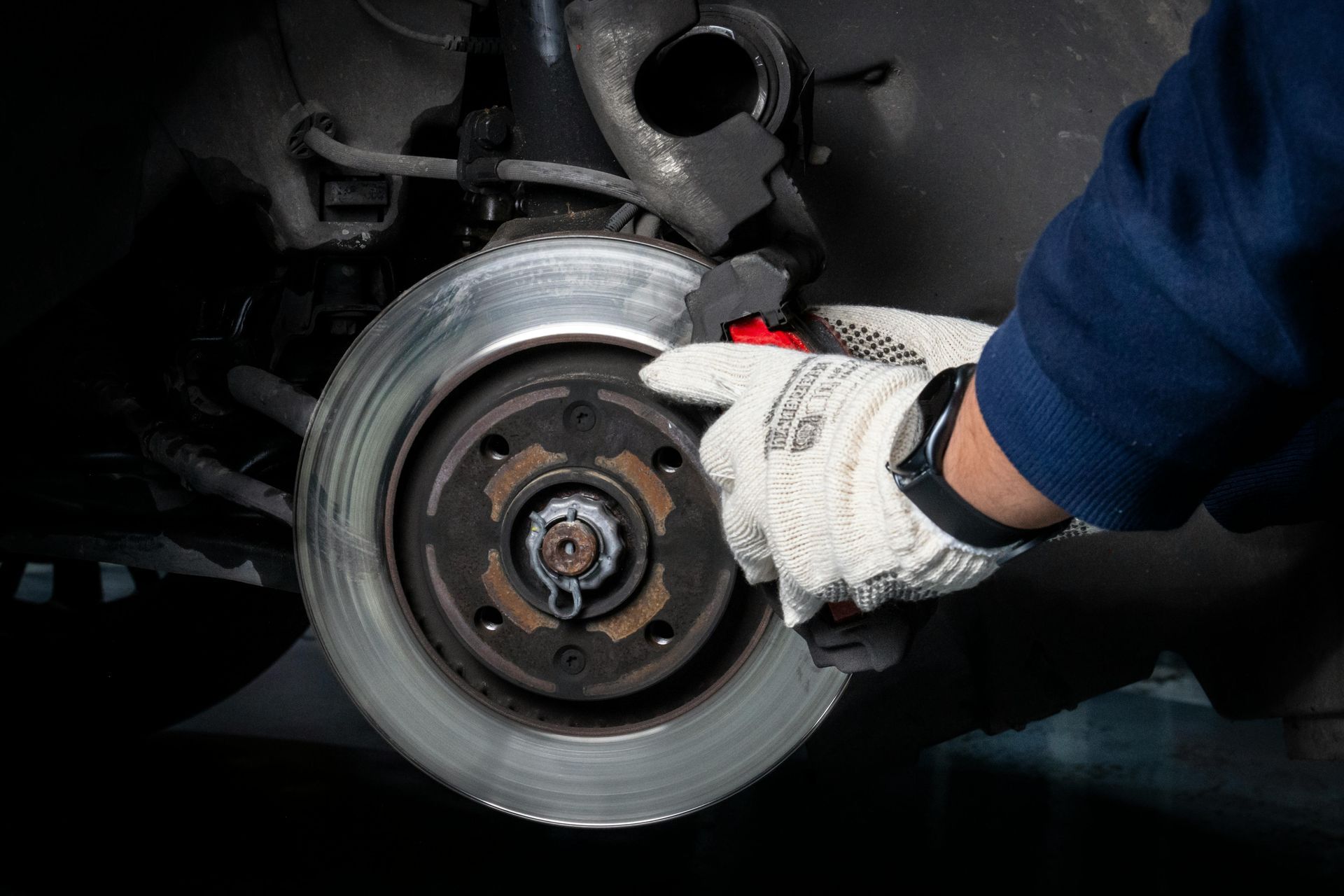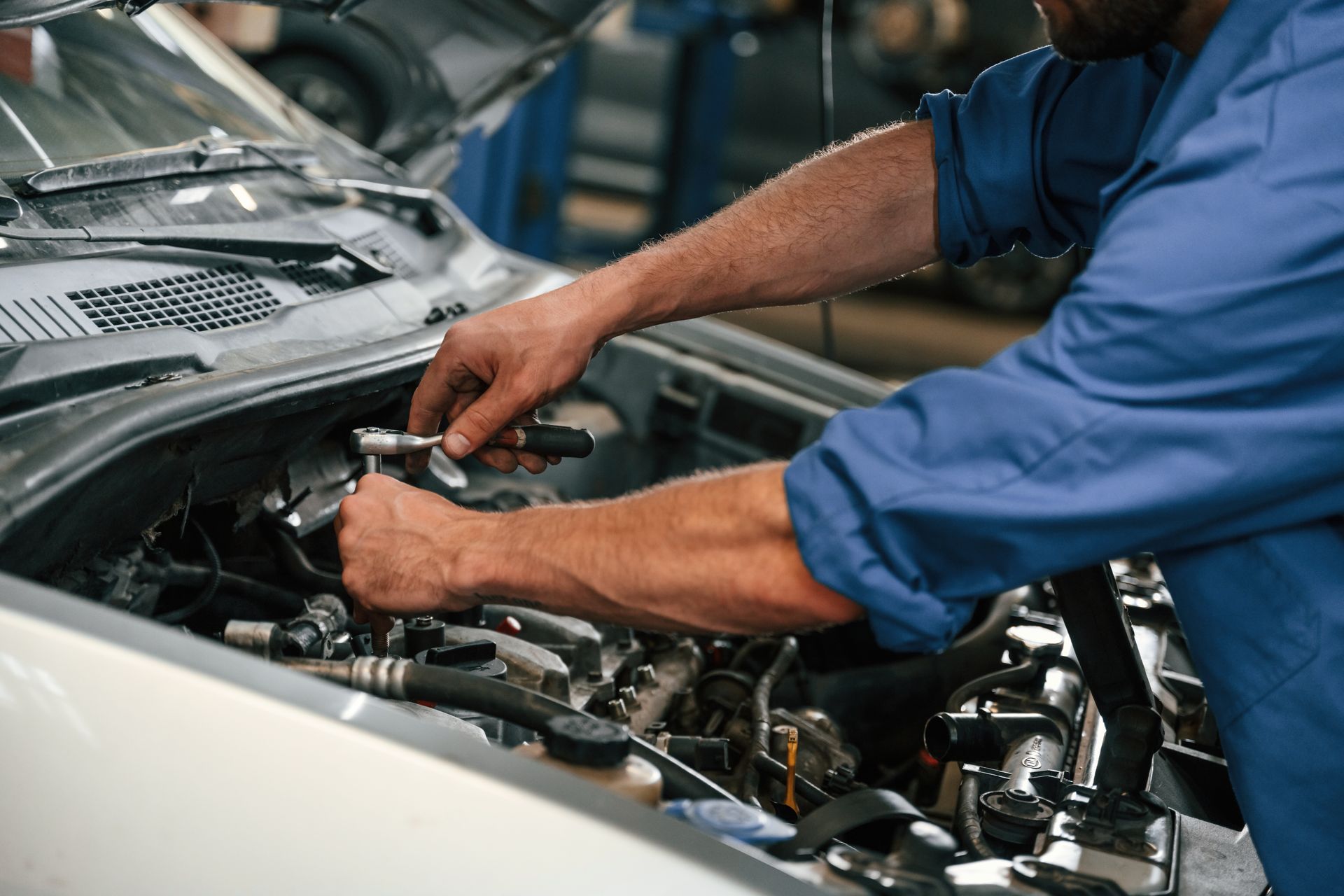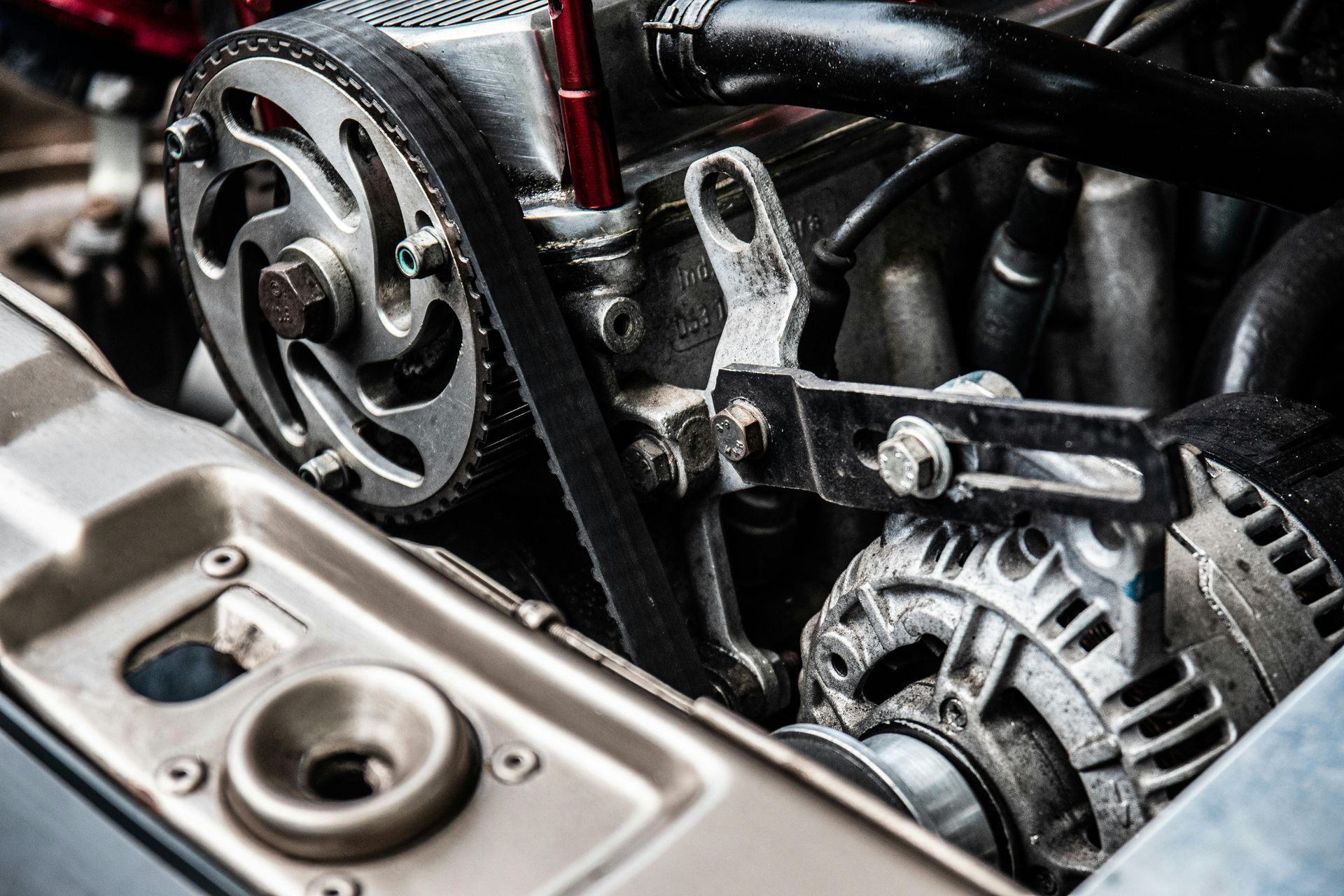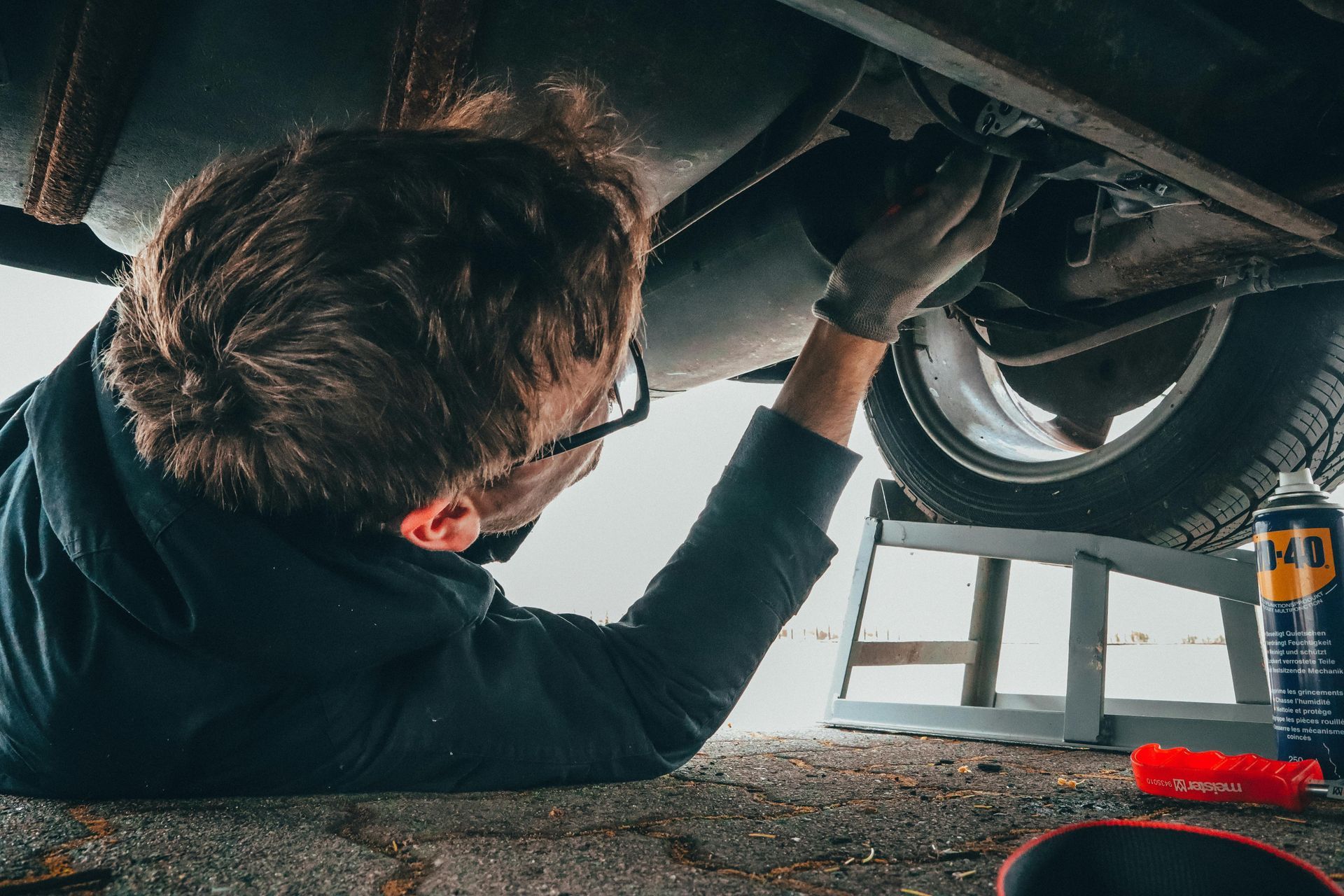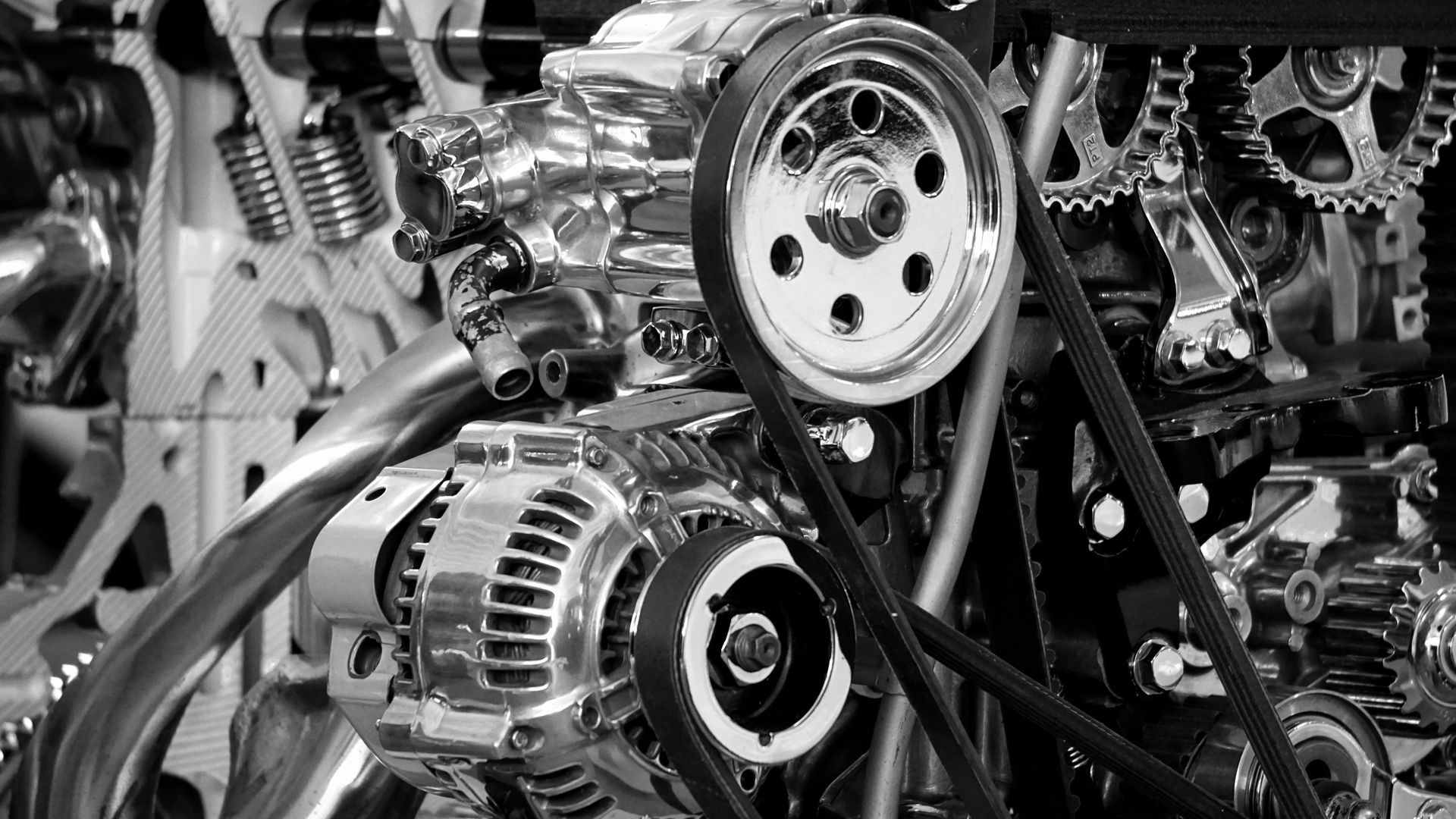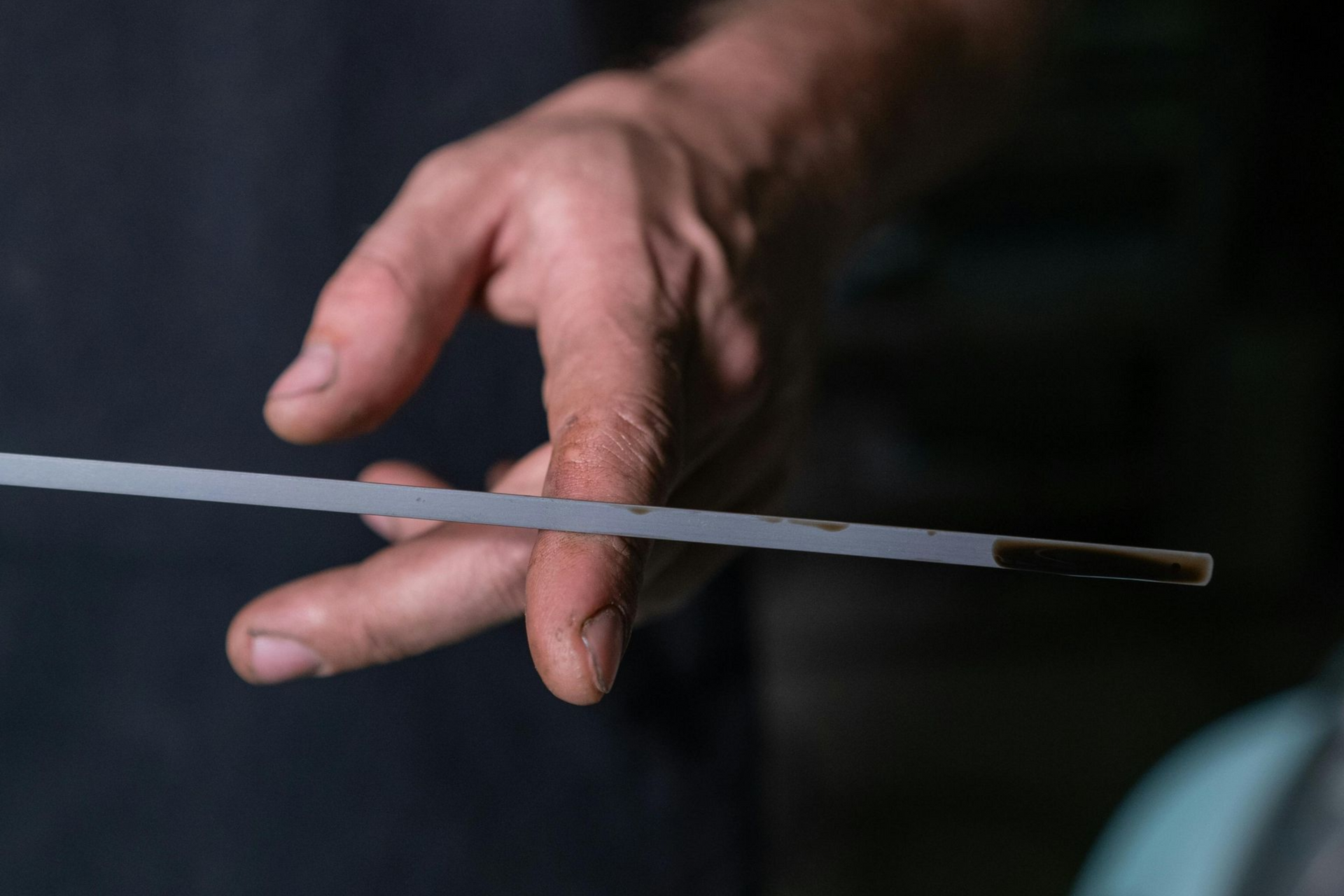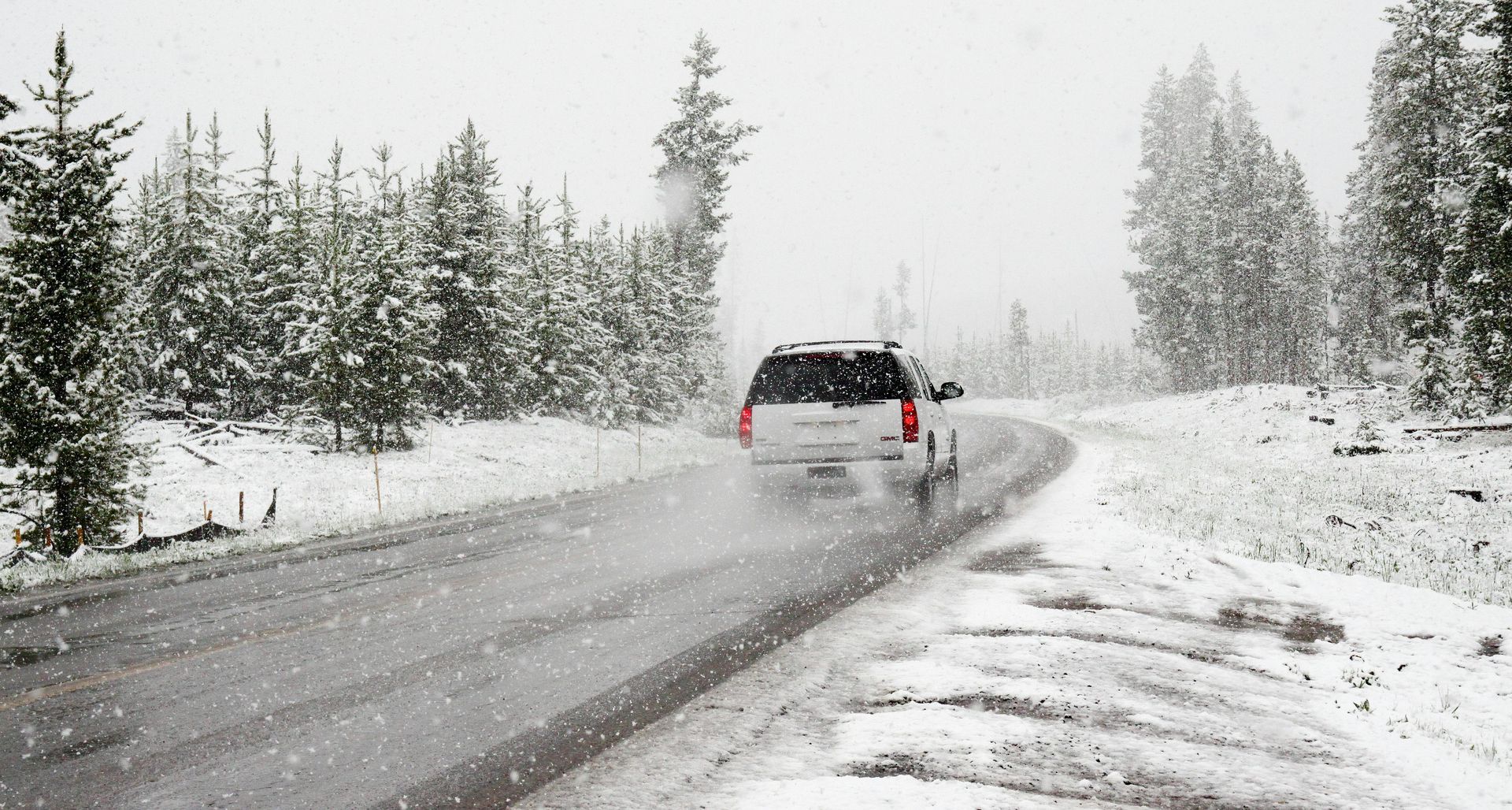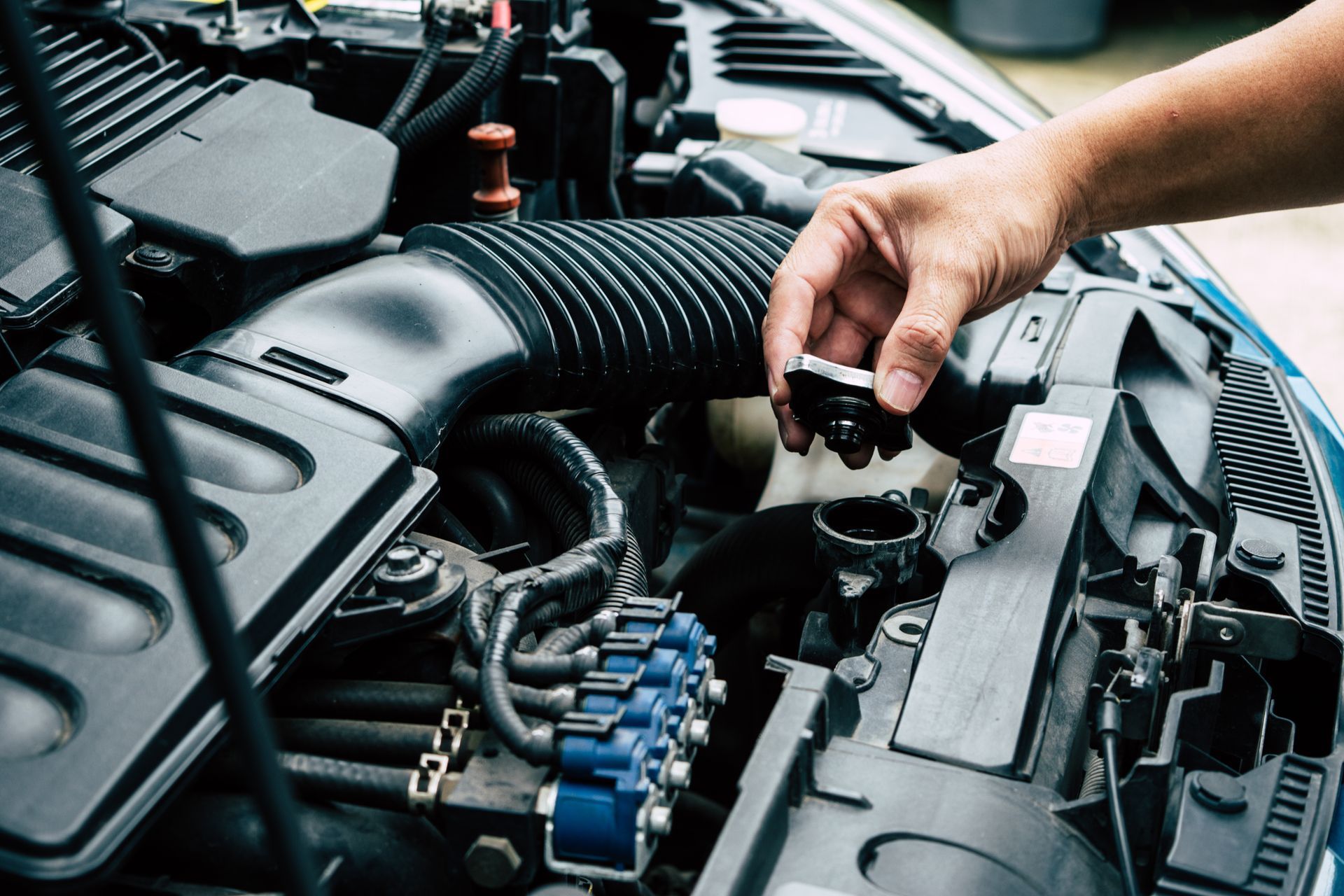Late Summer: The Ideal Time for Your Virginia Oil Change
As August winds down in Northern Virginia, many drivers start thinking about fall maintenance. But here's something most people don't realize – late summer is actually the perfect time to change your oil. The combination of harsh summer driving conditions around Warrenton and the approaching cooler months makes this timing crucial for your engine's health.
Summer Driving Takes a Toll on Your Oil
Virginia summers are brutal on engine oil. Stop-and-go traffic on Route 29, long road trips to Virginia Beach, and sweltering temperatures in Fauquier County parking lots all break down your oil faster than normal driving conditions.
How summer affects your engine oil:
- High temperatures thin the oil, reducing protection
- Traffic jams cause engines to run hotter for longer periods
- Air conditioning puts extra strain on the engine
- Dust and debris from construction season contaminate the oil
By late summer, even recently changed oil has been working overtime. Fresh oil now gives your engine the protection it needs for fall and winter driving ahead.
Prepare for Fall Driving Conditions
Fall driving around Northern Virginia brings its own challenges. Morning frost, temperature swings, and increased rainfall all stress your engine differently than summer heat. Fresh oil helps your engine adapt to these changing conditions.
Fall conditions that benefit from fresh oil:
- Cold morning starts require better oil flow
- Temperature changes cause condensation in the engine
- Wet roads mean more cautious, stop-and-start driving
- Heating systems put additional load on the engine
Starting fall with clean oil means better engine protection during those chilly October mornings when you're scraping frost off your windshield in Warrenton.
Check Your Oil Level and Color
Late summer is the perfect time to honestly assess your current oil condition. Virginia's heat and your summer driving habits might have degraded your oil more than you think.
Signs your oil needs changing:
- Oil looks black or dark brown instead of amber
- Gritty texture when rubbed between fingers
- Low oil level despite no visible leaks
- Engine runs louder than usual
- Reduced fuel economy during recent drives
Don't wait for your oil to turn into black sludge. By that point, your engine components are already experiencing unnecessary wear.
Consider Your Summer Driving Habits
Think about how you've been driving this summer. Did you take any long road trips? Spend time in beach traffic? Sit in construction zones on I-66? All of these conditions are considered "severe driving" and require more frequent oil changes.
Severe driving conditions include:
- Frequent short trips (less than 10 miles)
- Stop-and-go traffic during rush hour
- Driving in dusty or sandy conditions
- Towing trailers or carrying heavy loads
- Extended highway driving at high speeds
If any of these describe your summer driving around Northern Virginia, your oil has been working harder and needs changing sooner than the standard intervals suggest.
Choose the Right Oil for Virginia Weather
Late summer oil changes give you the chance to switch oil types if needed. Virginia's temperature swings from hot summers to cold winters require oil that performs well in both extremes.
Oil options for Virginia drivers:
- Conventional oil: Budget-friendly for newer engines with regular driving
- High-mileage oil: Best for vehicles over 75,000 miles
- Synthetic blend: Good protection for mixed driving conditions
- Full synthetic: Maximum protection for severe driving or older vehicles
Your mechanic can recommend the best oil type based on your vehicle, driving habits, and the upcoming seasonal changes.
Don't Forget the Filter
An oil change isn't complete without a new filter. Your oil filter has been trapping contaminants all summer long – dust from construction zones, particles from hot pavement, and normal engine wear debris.
A clogged filter forces oil to bypass filtration, sending dirty oil through your engine. Late summer is the perfect time to start fresh with both new oil and a clean filter.
Timing Matters for Maintenance Schedule
Late summer oil changes set you up for better maintenance timing throughout fall and winter. Instead of dealing with oil changes during busy holiday seasons or harsh winter weather, you're ahead of schedule.
Benefits of late summer timing:
- Avoid winter maintenance rushes
- Better scheduling flexibility before holidays
- Peace of mind for fall road trips
- Easier access to service appointments
Smart timing means less stress and better vehicle care when the weather gets challenging.
Combine with Other Late Summer Maintenance
Late summer oil changes are a great opportunity to check other fluids and systems. Your cooling system, brake fluid, and transmission all benefit from inspection after a hard summer of Virginia driving.
Additional checks during oil service:
- Coolant levels and condition
- Brake fluid quality
- Air filter replacement
- Battery terminal cleaning
- Tire pressure and condition
Combining services saves time and ensures your entire vehicle is ready for the seasonal transition ahead.
Local Driving Conditions Matter
Driving around Warrenton and Northern Virginia creates unique challenges for your oil. Rural roads kick up more dust and debris. Highway commuting to DC means sustained high speeds. Local hills and valleys create more engine load than flat terrain.
These local conditions affect how quickly your oil breaks down and accumulates contaminants. Late summer oil changes account for the specific stresses your engine faces in our area.
Investment in Long-Term Engine Health
Regular oil changes, especially well-timed ones in late summer, are the cheapest insurance policy for your engine. Fresh oil prevents costly repairs, maintains fuel economy, and extends your vehicle's life significantly.
Consider the cost difference: a $50 oil change now versus a $5,000 engine repair later. Late summer maintenance protects your investment and keeps you driving reliably through Virginia's changing seasons.
Get Your Late Summer Oil Change at Ish Auto Clinic
Don't wait until your engine tells you it needs fresh oil. Our ASE Master Certified technicians at Ish Auto Clinic know exactly what Virginia summers do to your engine oil. We use premium oils and genuine OEM filters to keep your Lexus, Toyota, or Japanese vehicle running smoothly through every season.
Ready for fresh oil and fall confidence? Call Ish Auto Clinic at (540) 349-4178 or visit us at 122 Sullivan St in Warrenton. Let our experts give your engine the late summer care it deserves with honest service and quality parts. Your engine will thank you when those first cold mornings arrive.
